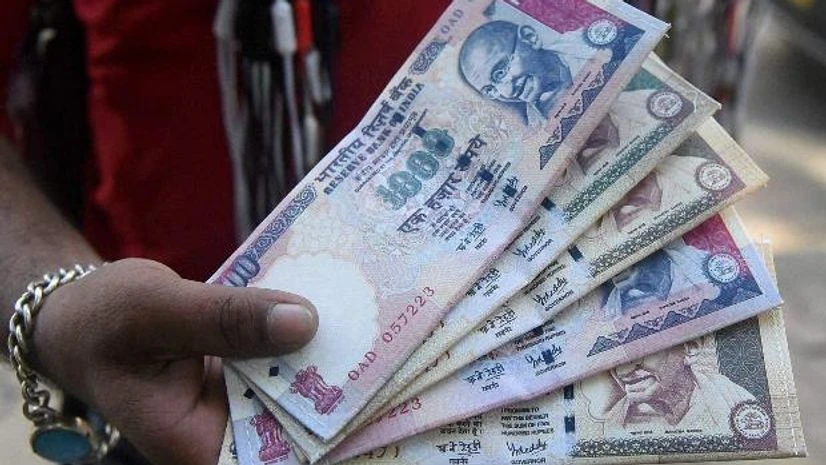With a sudden demonetisation of old Rs 500 and Rs 1,000 currency notes in India, fears of black money entering Bhutan looms large, with concerns about its impact on the country's export market.
During a sudden check in Phuentsholing, a business hub bordering the India-Thimphu National Highway, police stopped a taxi carrying Rs 700,000 in Rs 1,000 notes which were demonetised on November 8.
The taxi was travelling from Bhutan-India border town of Phuentsholing to Thimphu, Xinhua news agency reported.
The money was found hidden in a black plastic under passenger's seat.
Since India is Bhutan's largest export and import market, demonetisation has affected the sale of Bhutan's cash crops like potatoes and oranges, upsetting local farmers.
Also Read
Indian rupees are prevalent in Bhutan due to trade and hydropower projects, which are mostly joint ventures of the two countries.
The Central Bank of Bhutan had held a discussion with the Reserve Bank of India (RBI) following Prime Minister Narendra Modi's move. It also announced a brief window depositing the old notes into bank accounts.
According to Royal Monetary Authority (RMA) of Bhutan, Indian rupees account for 30% of the country's international exchange reserves amounting to about Rs 27 billion ($390 million).
Starting November 9, the RMA allowed withdrawal and exchange of Rs 10,000 per month. But the withdrawal was reduced to Rs 5,000 per person since November 23.
Both the government and central bank has been cautioning people to refrain from any such activities and not to get involved in rupee transaction for others.
Since the demonetisation, the central bank in Bhutan has collected around 1.2 billion in Rs 500 and 1,000 notes.

)
